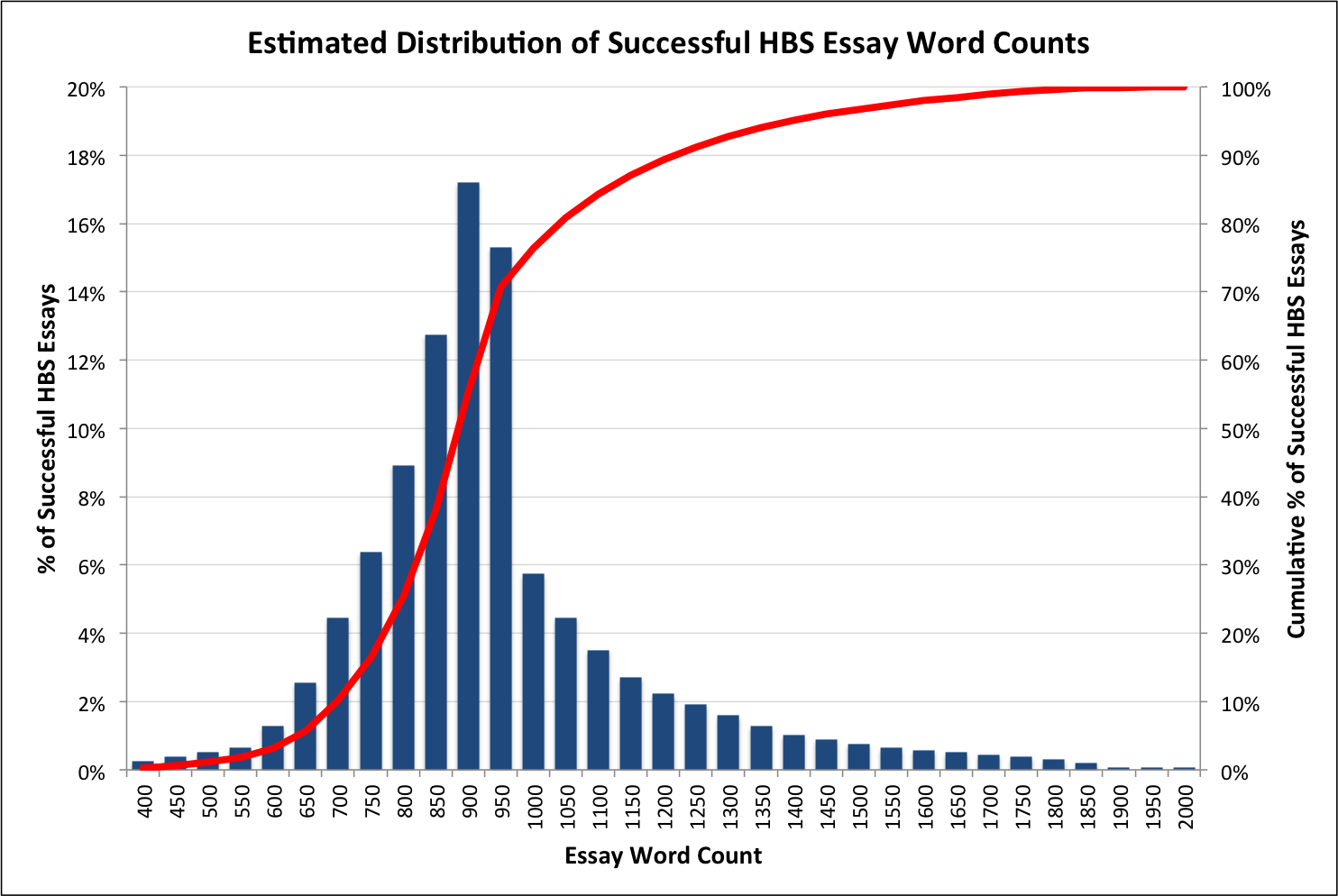This year’s MBA applicants face fewer required essays and shorter word counts than any recent class of candidates. But applicants haven’t been the only ones facing the squeeze over the past few years. Recommenders, too, have found themselves with less and less space to make an impact: over the past several years, schools not only reduced the number of recommenders a candidate was allowed to have, it also cut the word count allotted to those recommenders. Many of the top programs have also converged around the same two recommendation questions:
- How do the candidate’s performance, potential, background, or personal qualities compare to those of other well-qualified individuals in similar roles? Please provide specific examples.
- Please describe the most important piece of constructive feedback you have given the applicant. Please detail the circumstances and the applicant’s response.
What does this mean for this year’s MBA applicants? First and foremost, applicants need to pick the right recommenders to advocate on their behalf. Second, applicants need to make sure they are adequately preparing those recommenders to write great recommendations.
In this blog post, I’ll illustrate the keys to getting great letters of recommendations for MBA applications by revealing a few snippets of a real recommendation from my own business school applications.
The Keys to Getting Great Recommendation Letters for MBA Applications
Each part of your MBA application should demonstrate different qualities to the admissions committee. Your resume is a place to tell your professional story and to illustrate your accomplishments; your essay is a place to show the admissions committee who you are and what you value. Your recommendations, then, must be reserved to demonstrate characteristics that you yourself cannot credibly speak to:

